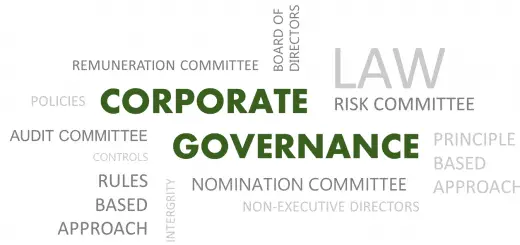Advantages and Disadvantages of Socialism
Socialism is an economic system in which the resource owner is the common public, not the private individuals/businesses. Socialism focused on the shared public ownership of resources and central planning which provides equal distribution of goods and services in the society.
Following are the Advantages (Pros / Positives / Benefits) and Disadvantages (Cons / Negatives / Drawbacks) of Socialism,
Advantages (Pros / Positives / Benefits) of Socialism
1. Economic Equality
Socialism forms a society that is more equal in terms of economy. Unlike the capitalist structure, there are fewer hidden taxes imposed. Also, the income level of the public is pretty much equal which reduces the disparities.
2. Improved Standards in Public Wellbeing
The socialist nations generally have many policies to improve public well-being like free healthcare, less cost transportation, and affordable private medicare. This is a major advantage for the general public.
3. No Worker Exploitation
In a socialist system, resource ownership lies with the common public which is administrated through a central government. Hence, there is no profit maximization purpose in businesses. All the public will receive a fair return based on the work they have done.
4. Improved Labor Productivity
Socialism focused to get the work from the laborers by fairly paying them, with providing good equipment, healthcare, and other benefits for them. This will increase labor motivation, which leads to productivity improvements.
5. Well Regulated Free Market
The Socialist structure includes a free market under good government regulation. It allows the businesses to run according to the best interest of the common public, instead of only focusing on profit maximization. This will avoid many potential negative situations in which businesses could harm the common public in many ways.
6. Less Poverty Level in the Society
Unlike capitalism, the total income of the society is redistributed in the socialist structure. The welfare setup is immersive in the socialist system. Every person will get adequate returns to fulfill their basic needs. Each person has the guarantee to access essential goods which helps to minimize poverty levels in society.
Disadvantages (Cons / Negatives / Drawbacks) of Socialism
1. Less Business Operation Motivation
Socialism does not allow ownership opportunities for individuals. Hence, there will be very less business operation motivation. From the management to the ground level workers, there will be very less motivation to do the business operations successfully since there will be very less difference in the returns they get.
2. More Unions in the Businesses
Socialism promotes the creation of unions in business. There should be a certain level of commitment and pressure for the workers to run the business successfully. Unions could interrupt those business operational work and have a collision between management and the workers. This could negatively affect the economy of the entire nation.
3. Lack of Innovation
Socialism does not promote entrepreneurship, since the motive for the businesses is not profit-making. Hence private investment in the nation is very less. There will not be much capital and interest in innovation.
4. Reduction of Labourforce
A socialist society generally consists of a good welfare state. The downside of this is that people will not be motivated to contribute to society with the welfare benefits they receive. The labor force could be reduced due to this factor since people will decide to stay at home rather than pursue a career.
5. More Government Spending
Socialism promotes government spending to improve social welfare. This will result in more level of government spending which will affect the reserves in the nation. If there is a disaster or pandemic, the government could not have adequate reserves to successfully manage this kind of difficult time. Also, this will affect the balance between foreign trade and domestic spending as well.
6. More Regulated Industries
Government interventions and regulations are higher in the industries. This will be a downside since the decisions that should be taken to run a business successfully versus government regulations could be controversial. A higher level of Government interventions could fail in the industry as a whole.
Read More:


